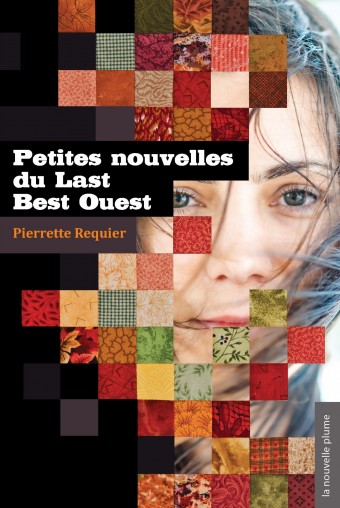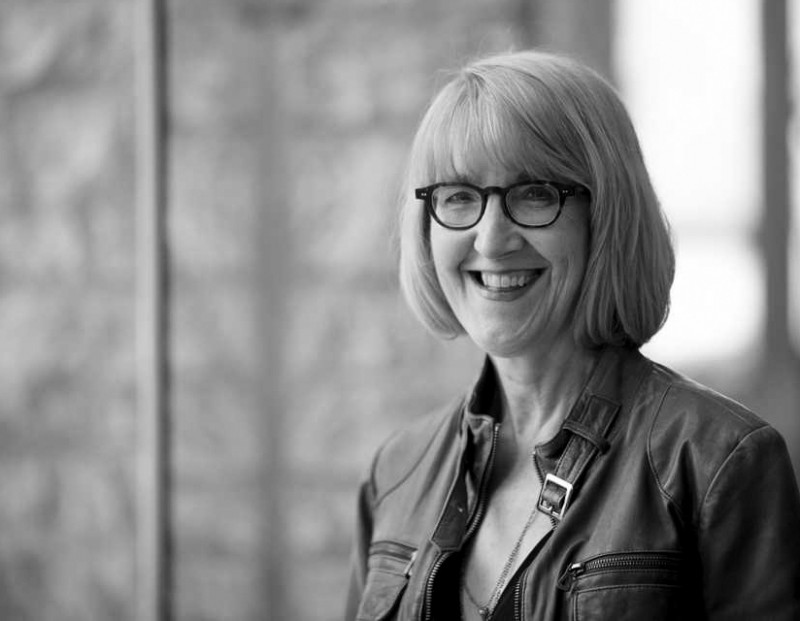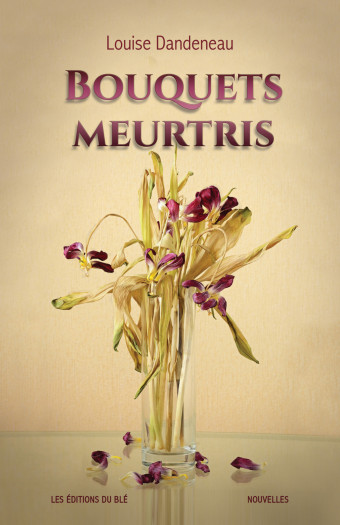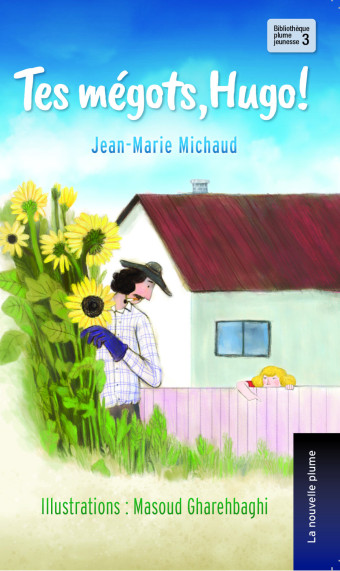Petites nouvelles du Last Best Ouest is a book written in French with English in it. But of course, Pierrette Requier’s new poetry collection is more than that. Much more than that.

- Petites nouvelles du Last Best Ouest
- Pierrette Requier
- Les Éditions de la nouvelle plume
- $20.00 pb, 114 pages
- ISBN: 978-2-924237-78-6
It started with details from the edge of the village, published by Frontenac House in 2009: “an English book with French in it.” Requier was inspired by a book by Latin American author Sandra Cisneros. “She would insert Spanish words and expressions in her writings. She wrote English with a Spanish accent!
“It gave me a model to stop trying to separate my two languages because, inside me, the two languages are constantly talking to each other. edge of the village and Last Best Ouest, both are written in a northern Alberta dialect.”
It was during her public readings as Edmonton’s Poet Laureate (2015 to 2017), and also while she produced the French event of the Edmonton Poetry Festival for seven years, that she began translating, or rather adapting, her poems.
“I had made it my goal – whether it was in Edmonton or across Canada – to perform in both languages equally, to start creating this sense that we francophones outside Quebec must have a presence and we must not apologize for our French,” says Requier.
For the fourth of 11 children born and raised in Donnelly in the Peace River region, translation equals adaptation, or even re-creation. “When I started translating into French, I discovered that there were things that couldn’t be translated. So that means that there are English-only poems in the French collection,” she says.

What characterizes the 90 narratives in the collection? “What is present in the stories of this collection is a certain tenderness,” Requier says. “When I read these stories in Donnelly, it was like the people, those people of the land, heard their way of talking and their stories.
“I was told: it is as if you have captured my past, captured the way we lived. Tolstoy said, ‘If you want to talk to me about the universal, tell me about your village.’ That’s kind of what I do. People tell me, ‘You call that poetry?’ And I say to them, ‘Let me read you some.’”











